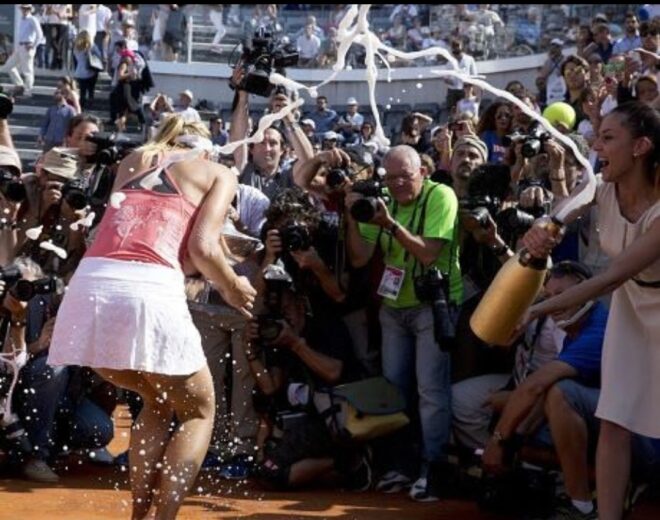
**Maria Sharapova Calls for Urgent Reform in Tennis**
Maria Sharapova, the former tennis superstar and five-time Grand Slam champion, has never shied away from voicing her opinions about the sport she once dominated. Recently, she highlighted a significant issue that she believes tennis needs to urgently address: the lack of fairness in scheduling and player workload management.
Sharapova pointed out that many tournaments, especially during Grand Slam events, create an uneven playing field due to scheduling biases. High-profile players often enjoy prime-time slots, while lower-ranked competitors are subjected to grueling schedules, sometimes playing late-night matches and having less recovery time. She stressed that this disparity can affect the quality of play and the athletes’ physical and mental well-being.
The Russian icon also emphasized the challenges of balancing the sport’s commercial interests with fairness. While marquee matches drive viewership and revenue, Sharapova believes that fairness should not be compromised. “The sport thrives on competition,” she remarked in a recent interview. “Every player deserves equal opportunity to perform at their best, regardless of their ranking.”
Another aspect Sharapova criticized was the frequency of injuries among players, which she attributed to an overloaded tennis calendar. She proposed a more player-centric approach, including shorter seasons and stricter limits on match durations during tournaments.
Her comments have sparked widespread debate among players and fans alike. While some agree with her call for reforms, others argue that scheduling complexities are unavoidable in a global sport like tennis.
As someone who faced multiple injuries during her career, Sharapova’s perspective resonates with many. Her advocacy highlights the growing need for the tennis world to prioritize player welfare alongside commercial interests. Whether her recommendations will lead to significant changes remains to be seen, but her voice has undoubtedly reignited discussions about the sport’s future.